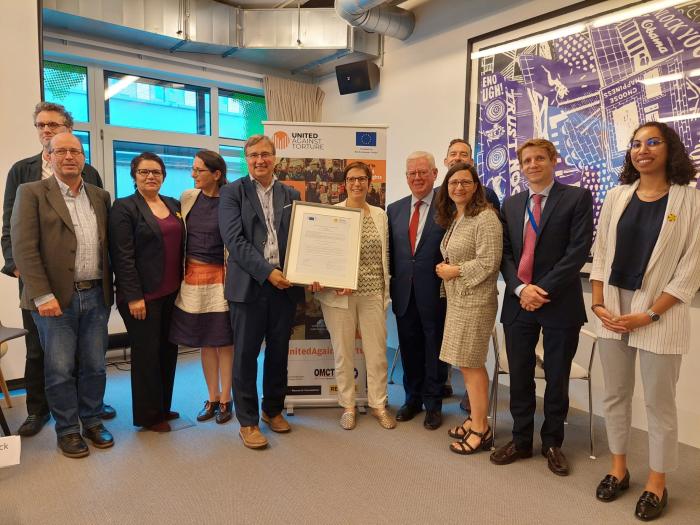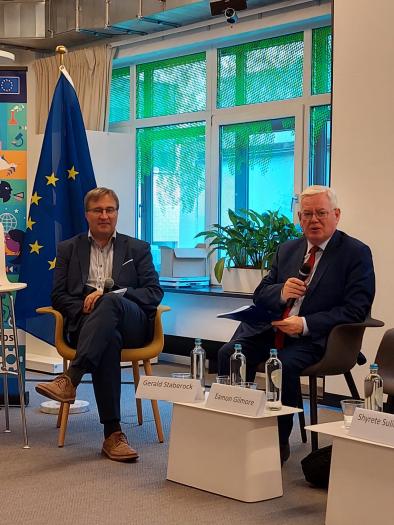United Against Torture

©Ley Uwera. Picture taken in the context of the project “From Crisis Response to Systems Change in times of COVID 19”, run by OMCT. It tried to restore prison monitoring possibilities despite the emergency measures and identify opportunities for updating practices. This project has been financed by the EU.
The absolute prohibition of torture and other ill-treatment is enshrined under international law. However, torture continues to be practiced in many parts of the world. The context of the global pandemic in the past years, and the emergence of new conflicts, have created further barriers to hold perpetrators accountable for their actions.
The international condemnation of such practices leads to a recurrent denial of those behind it. Therefore, Civil Society Organisations play a crucial role in the identification and reporting of these human rights violations.
Furthermore, their better understanding of local realities makes them fundamental in the prevention of such practices, protection of victims, and mobilisation of support and resources. Their activities contribute to impactful changes when addressing local and national authorities.
The EU intensifies its efforts to eradicate torture within and beyond its borders. We are convinced that political commitment and strong partnerships can bring about change in the next decade.
EU High Representative / Vice President Josep Borrell
The EU has a long history of collaborating with Civil Society Organisations, also on this topic. And, at the same time, recognises that efforts to combat torture are often scattered amongst different actors. Thus, this year, the EU is establishing a coalition with six Civil Society Organisations, with a proven capacity to work in over 100 countries in all world regions.
‘United against Torture’ is a consortium that aims to cover the whole spectrum of anti-torture work. It will bring together existing networks of all parts involved, build partnerships, and will actively push more organisations to collaborate, from low-levels of engagements to Organisations operating in difficult contexts.
The EU Action Plan on Human Rights and Democracy 2020-24 recognises combating torture and ill-treatment as a strategic priority. The EU’s strong commitment is set in the European Union Treaties, as well as in the Charter of Fundamental Rights. More specifically, the EU Guidelines on torture and ill-treatment reflect the EU’s comprehensive approach to eradicate torture using all the political and financial tools at its disposal.








